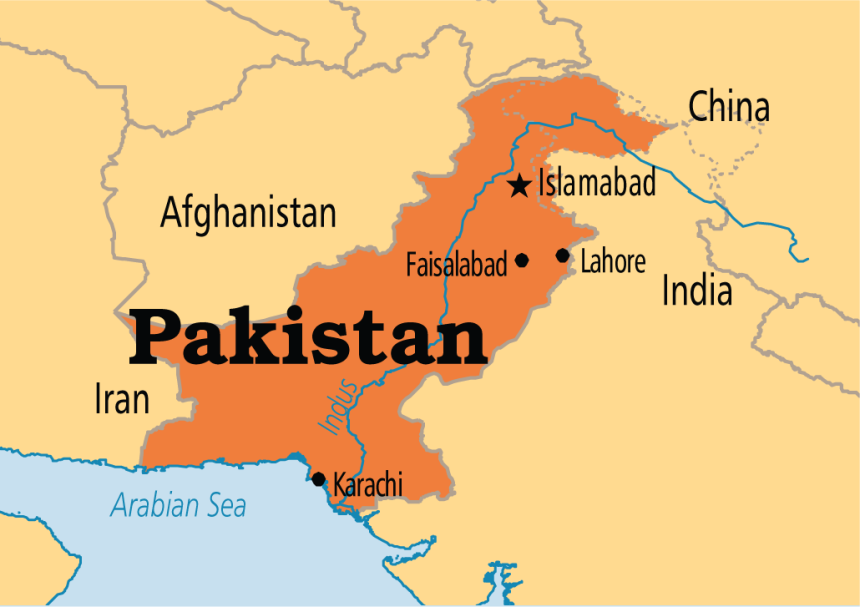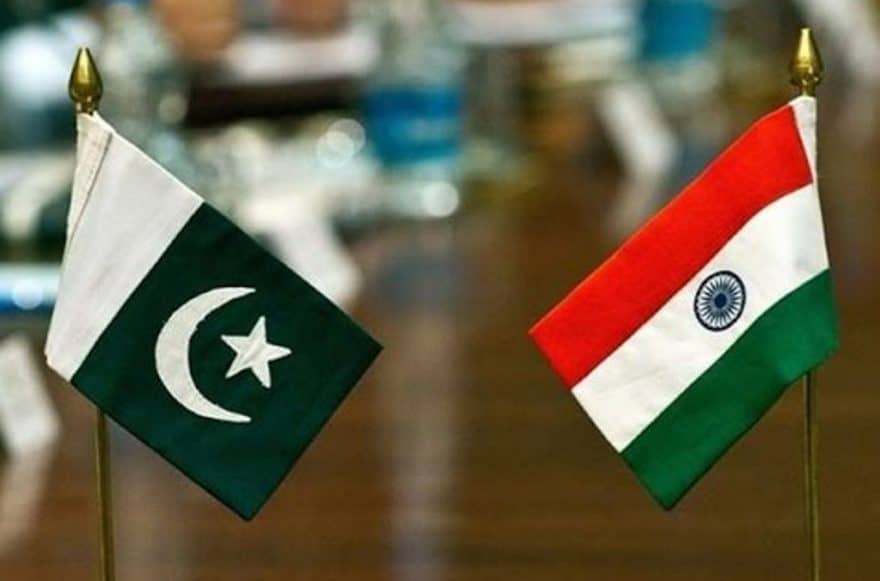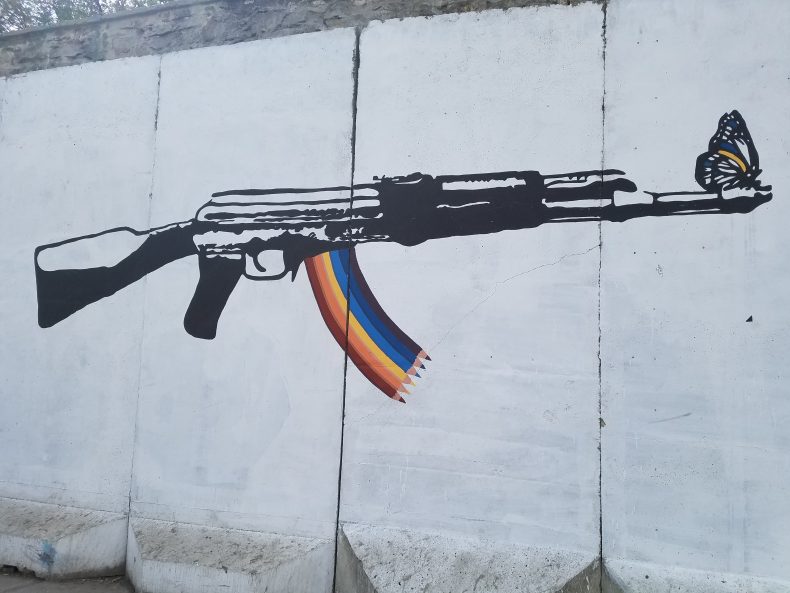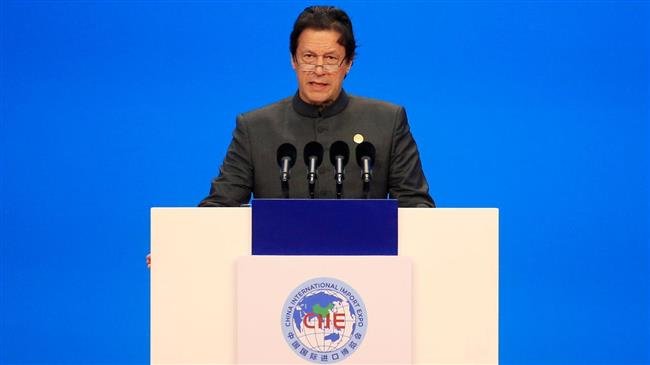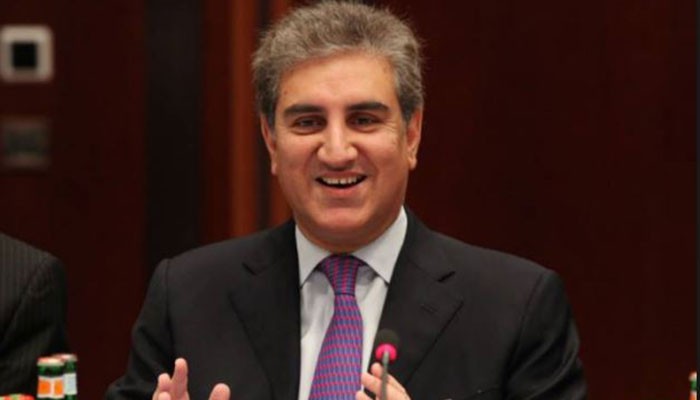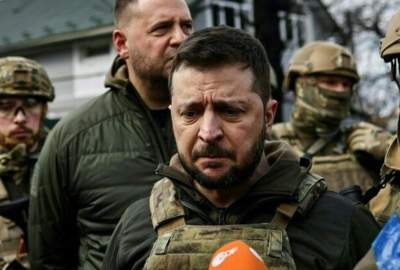Pakistan’s military establishment, which orchestrates proxy wars waged by Islamist terror groups in the country’s neighbourhood, would be happy that the Pulwama attack on CRPF convoy in Kashmir — the deadliest terror attack ever on Indian security forces — on February 14 has sent its message to India and the US.
Publish dateSunday 17 February 2019 - 03:13
Story Code : 179815
AVA- The message to Delhi is that whatever compromises on the client terror groups it would make in the ongoing the peace process in Afghanistan under heavy US and Saudi pressure, they do not mean any change in its stance of using such groups as a policy tool in Kashmir. The message to Washington is that the Americans should factor in the cost of escalated state-sponsored terrorist attacks in Kashmir if they want Pakistan’s cooperation that would help the US cut a face-saving deal with the Taliban and withdraw troops from Afghanistan.
It is ludicrous that Pakistan has brought up the idea of ‘investigation’ to establish its complicity in the Pulwama attack claimed by a terrorist group sheltered by it. After India said there is incontrovertible evidence of Pakistan having a direct hand in the attack, Pakistan said it rejects “any insinuation… to link the attack to Pakistan without investigations.” Yet again, the same subterfuge of evidence and investigation Pakistan has been shamelessly using since the 2008 Mumbai attack by Lashkar-e-Taiba.
Jaish-e-Mohammad, or the Army of Mohammad, which claimed the February 14 attack, represents the group of rabid Islamist terrorist thugs that operates freely in Pakistan. Masood Azhar, a globally recognized terrorist, continues to be a free man to lead the group that he founded in 2000, months after he was released from an Indian jail in return for the release hostages of an Indian civilian passenger plane hijacked to the Taliban-controlled Afghanistan in December 1999. In the past few years, Jaish-e-Mohammad has replaced Lashkar-i-Taiba as the group preferred by Pakistan to wage state-sponsored terrorism in Kashmir.
After the Pulwama, India has vowed a befitting reply to Pakistan. It wants to diplomatically isolate Pakistan and economically, it taken the step to withdraw the most favoured nation trade status to Islamabad.
All attention is on the military response. Prime Minister Narendra Modi has said the armed forces have been given complete freedom to respond, and another surgical strike across the Line of Control is anticipated. The surgical attack conducted by the Indian Army in September 2016, in quick response to Jaish-e-Mohammad attack on Uri army base, was limited in time and choice of targets.
As the clamour for a severe retaliation grows strong just ahead of the Lok Sabha election, the compulsion to give an even stronger response makes the military option fraught. The Trump administration has called on Pakistan to “end immediately the support and safe haven provided to all terrorist groups operating on its soil”, but the US would almost certainly oppose any broad and sustained Indian military strikes across the LoC because not only they risk a wider conflict but also they might upset its peace gamble in Afghanistan.
India’s sharp attention ought to be on the diplomatic front, rather than military — convincing mainly the US and Saudi Arabia, and seek guarantees from them, that whatever Pakistan, the country with a permanent begging bowl, does under their pressure to help bring a semblance of peace in Afghanistan does not come with a price tag of an accelerated proxy war against India.
It is ludicrous that Pakistan has brought up the idea of ‘investigation’ to establish its complicity in the Pulwama attack claimed by a terrorist group sheltered by it. After India said there is incontrovertible evidence of Pakistan having a direct hand in the attack, Pakistan said it rejects “any insinuation… to link the attack to Pakistan without investigations.” Yet again, the same subterfuge of evidence and investigation Pakistan has been shamelessly using since the 2008 Mumbai attack by Lashkar-e-Taiba.
Jaish-e-Mohammad, or the Army of Mohammad, which claimed the February 14 attack, represents the group of rabid Islamist terrorist thugs that operates freely in Pakistan. Masood Azhar, a globally recognized terrorist, continues to be a free man to lead the group that he founded in 2000, months after he was released from an Indian jail in return for the release hostages of an Indian civilian passenger plane hijacked to the Taliban-controlled Afghanistan in December 1999. In the past few years, Jaish-e-Mohammad has replaced Lashkar-i-Taiba as the group preferred by Pakistan to wage state-sponsored terrorism in Kashmir.
After the Pulwama, India has vowed a befitting reply to Pakistan. It wants to diplomatically isolate Pakistan and economically, it taken the step to withdraw the most favoured nation trade status to Islamabad.
All attention is on the military response. Prime Minister Narendra Modi has said the armed forces have been given complete freedom to respond, and another surgical strike across the Line of Control is anticipated. The surgical attack conducted by the Indian Army in September 2016, in quick response to Jaish-e-Mohammad attack on Uri army base, was limited in time and choice of targets.
As the clamour for a severe retaliation grows strong just ahead of the Lok Sabha election, the compulsion to give an even stronger response makes the military option fraught. The Trump administration has called on Pakistan to “end immediately the support and safe haven provided to all terrorist groups operating on its soil”, but the US would almost certainly oppose any broad and sustained Indian military strikes across the LoC because not only they risk a wider conflict but also they might upset its peace gamble in Afghanistan.
India’s sharp attention ought to be on the diplomatic front, rather than military — convincing mainly the US and Saudi Arabia, and seek guarantees from them, that whatever Pakistan, the country with a permanent begging bowl, does under their pressure to help bring a semblance of peace in Afghanistan does not come with a price tag of an accelerated proxy war against India.
avapress.com/vdca6on6m49n0a1.tgk4.html
Tags
Top hits
4
